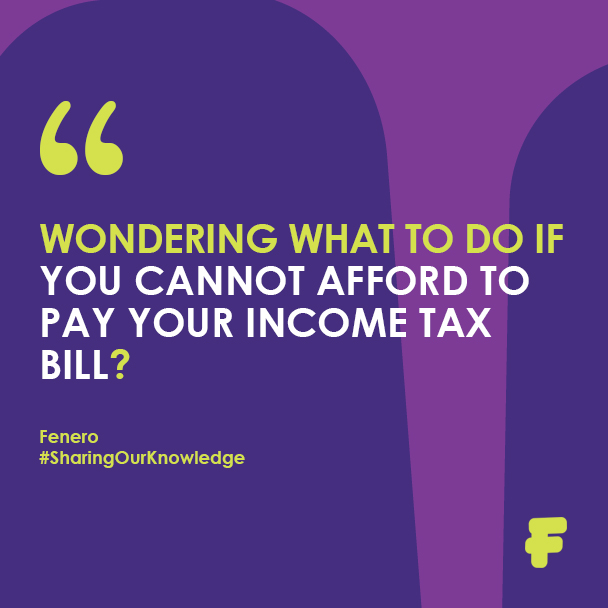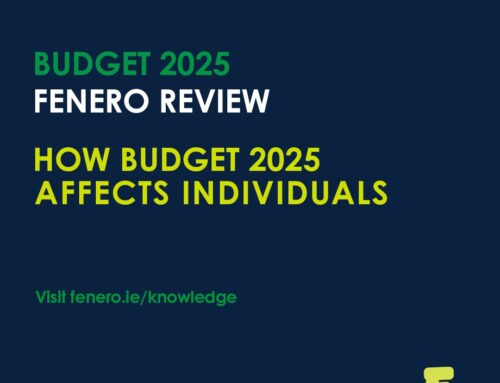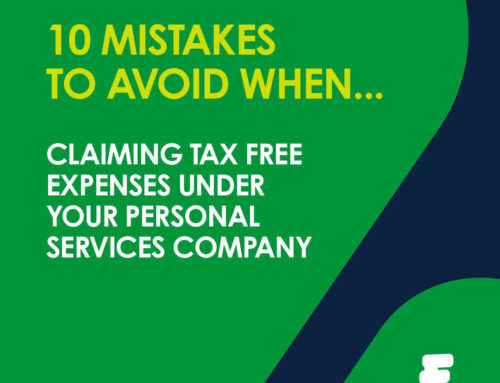It happens. Cash flow can be tight, and sometimes the tax deadline arrives before you’re ready. The key is to act quickly and take the right steps to limit any extra charges.
1. File your return on time
Even if you can’t pay the full amount, always file your personal tax return by the deadline (typically by 31st October following the tax year). Late filing triggers penalties and interest, and can put you on Revenue’s radar for enforcement action. If you are less than 2 months late in filing your tax return, your total tax bill will be increased by 5% as a late filing penalty. If you are more than 2 months late, your tax bill will be increased by 10% as a late filing penalty. Filing on time avoids extra costs and keeps you in control of your financial affairs.
2. Pay what you can now
If you owe tax for the previous year and preliminary tax for the current year, focus on the previous year’s balance first. Clearing as much as possible reduces the interest you’ll be charged.
3. Talk to Revenue early
Revenue is generally open to installment arrangements, but you must reach out before the payment deadline passes. Explain your situation, propose a realistic plan, and follow through on what you agree.
4. Make a start on preliminary tax
Preliminary tax is a payment towards next year’s bill. While there are no penalties for underpaying, Revenue does charge interest on any shortfall. Paying what you can now, will reduce those interest costs later.
5. Get expert help
If you’re unsure how much to pay, what to prioritise, or how to approach Revenue, Fenero can guide you through the process. We’ll work out your figures, liaise with Revenue if needed, and help you get back on track. Contact us on hello@fenero.ie or 01-6877400.
Bottom line: Acting quickly – even if you can’t pay in full – will save you money and stress in the long run.






